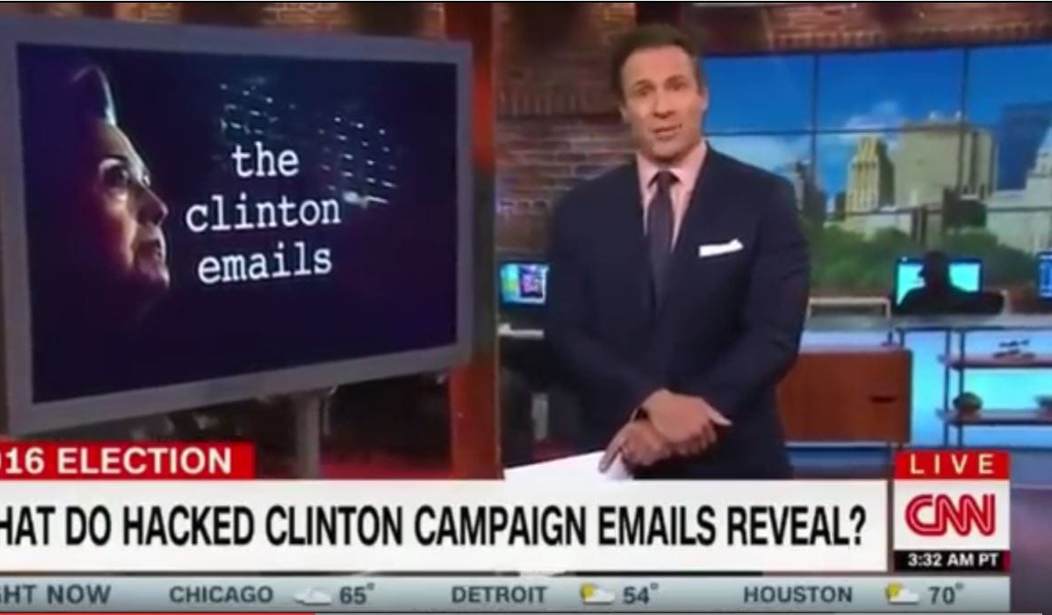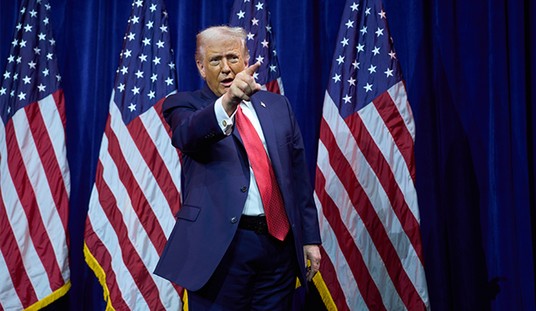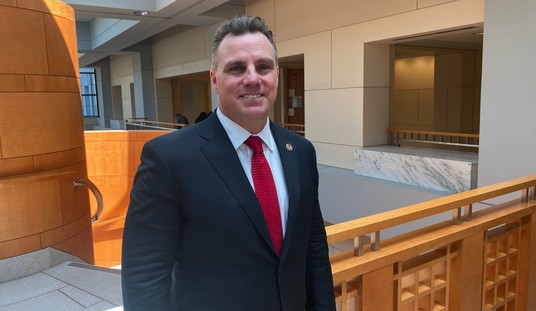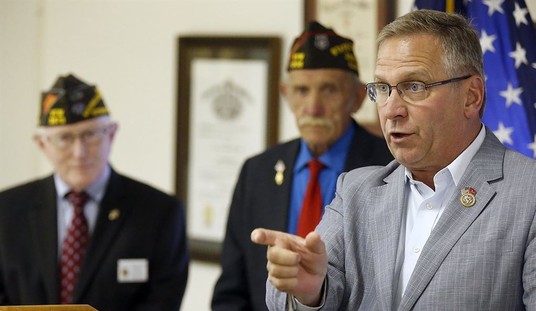Last week, CNN’s Chris Cuomo was trying to explain to his geriatric and out-of-touch audience why they needed to listen to his spin on the totally harmless nature of the various batches of hacked emails that are embarrassing Hillary Clinton’s campaign.
…also interesting to remember it’s illegal to possess are these stolen documents. It’s different for the media. So everything you learn about this you’re learning from us and in full disclosure let’s take a look at what is in there and what it means joining us now is CNN’s…
This, of course, is bullsh** on a cracker. While it is undoubtedly illegal to hack someone else’s server and take documents, once those documents are distributed there is no law against you, a private citizen, looking at them. I’d even point out when Bradley Manning released the classified information that made Wikileaks famous, information that actually put lives at risk among Afghans who had cooperated with the United States, CNN had no qualms about pointing viewers to the Wikileaks site. Department of Defense threatened personnel with administrative punishment if they viewed the site but today Wikileaks is accessible from the networks in all civilian federal agencies.
If you relied upon “the media,” as exemplified by CNN, you’d know squat about these emails. The interest in these emails is driven almost totally by online people, people like me, who lay no claim to being “the media.” You’ll note my posts on Wikileaks material always include screen caps of the original documents from the Wikileaks archive so you can read the whole thing and decide for yourself just how full of it I am.
Cuomo isn’t just wrong, he is either an idiot who believes really stupid stuff. Or…
On Friday, I posted about a speech Barack Obama gave in which he expressed a desire to have a mechanism for deciding what was reliable information and imposing that mechanism on the internet:
I use the analogy in politics — it used to be there were three television stations and Walter Cronkite is on there and not everybody agreed, and there were always outliers who thought that it was all propaganda, and we didn’t really land on the Moon, and Elvis is still alive, and so forth. (Laughter.) But, generally, that was in the papers that you bought at the supermarket right as you were checking out. And generally, people trusted a basic body of information.
…
But there has to be, I think, some sort of way in which we can sort through information that passes some basic truthiness tests and those that we have to discard because they just don’t have any basis in anything that’s actually happening in the world.And that’s hard to do, but I think it’s going to be necessary, it’s going to be possible. I think the answer is obviously not censorship, but it’s creating places where people can say, this is reliable and I’m still able to argue about — safely — about facts and what we should do about it while still — not just making stuff up.
It is hard to read Obama’s remarks and Cuomo’s statement and not see the direct parallelism. Obama has found his mechanism to ensure “truthiness” and it is the media.













Join the conversation as a VIP Member